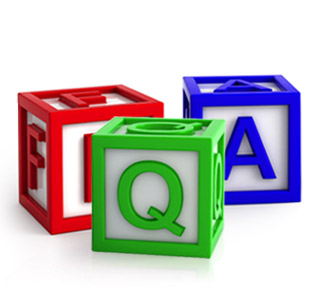
|
FREQUENTLY ASKED QUESTIONS
Can my child obtain school funding after a diagnostic assessment?
Yes if the child goes to school in NSW. Queensland school systems require the diagnosis to be confirmed by a medical specialist (paediatrician, psychiatrist or neurologist). The Understanding Minds autism team members are experts in the ASC and developmental disorder fields and are well-qualified to make a diagnosis.
Why not just take my child to a medical specialist?
There are some medical specialists who know a lot about ASCs and are good at making their own diagnostic assessments. However, they usually don't have time to assess for the other conditions (e.g., motor-coordination problems, speech and language difficulties, attention deficits, unusual patterns of intellectual gifts or deficits, and weaknesses in academic skills) that co-occur in children with ASCs. Furthermore, treatment requires the time and expertise to accurately define problems and to develop specific treatment strategies. A skilled developmental/clinical psychologist supported by a speech-language pathologist can provide this help.
Is a diagnosis for life?
No diagnosis in psychology/psychiatry is 100% accurate. In ASCs, the younger the child, the more risk there is of inaccurate diagnosis. For children under 6 years of age the diagnosis should always be fluid and be reviewed every 6-12 months. For children 6 and older, the diagnosis should be reviewed every 3-4 years.
What's involved in an assessment?
The ASC part of the assessment takes 2-3 hours. The initial session usually involves interacting with the child and parents together. Follow-up sessions involve detailed interview of parents to elicit information on the symptoms of ASCs. Depending upon the history, parent/teacher concerns or our own observations of a child, further assessments of motor skills, speech and language skills, academic skills, attention, and/or academic skills are requested or carried out.
What happens after I discover my child has an ASC?
The diagnosis itself is helpful but the next step is to educate yourself on ASCs and to better understand your child. Education sessions at Understanding Minds can help with this. You will also have to work together with your psychologist and possibly your child's teacher to identify where challenging behaviour or distress occurs. Together you will work out ways in which the child's environment can be changed to reduce distress or parents and teachers will learn effective ways of managing challenging behaviour. Some children with ASCs benefit from training in emotion and anxiety management. Finally, if your child has additional problems you may need to work together with another therapist (e.g., speech-language pathologist, occupational therapist, educational tutor) to manage these problems. |



